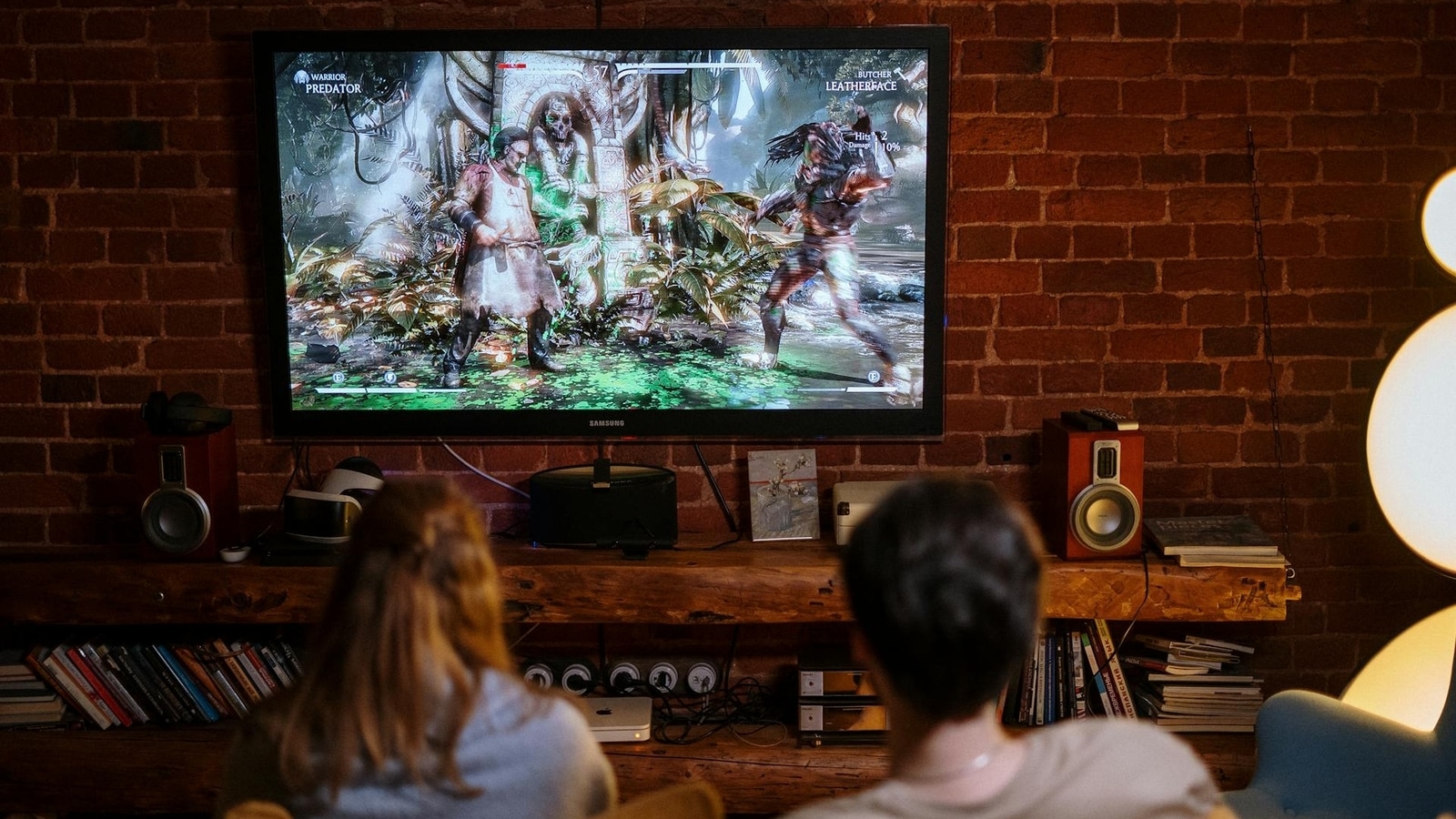“All meaning is ascribed to the State.”
Then he points to “Absurdism.”
“There is no meaning.”
His gesture becomes a Nazi salute. Then he utters a muted “Heil Hitler.”
It’s a horrific moment to watch, all the more so because of the disconnect between the students’ shocked responses and Bill’s unabashed confidence that he’s simply indulging in a bit of pedagogical theater, ironically weaponizing the hateful gesture against itself.
Except he’s wrong.
The camera cuts to students’ faces. No one laughs or cracks a smile. The expressions range from befuddlement to concern. Through it all, Bill continues lecturing, oblivious to the growing commotion, unaware that his career may have just come to an end. By Episode 2, he’s a meme, his ironic stunt now source material for the students’ own satire of him.
So why does it go so wrong? The series offers plenty of satirical reckoning to go around. Bill is out of touch, quick to exercise his freedoms without consideration of his responsibilities. For their part, the students willfully ignore the context of Bill’s gesture, not because it evades them but because they resent his entitlement. His actions after the incident don’t help; he calls a town hall to not apologize. “I want this to be a forum where everyone can voice their opinion,” he says. “You’re a white tenured professor who writes Op-Eds for The New York Times,” one student snaps back. “You really think this is an equal forum?” At season’s end, the tension is unresolved: Bill is fired but fighting it. On the campus of “The Chair,” on campuses everywhere, satire may well be dying. Who will mourn it?
I’m thinking about this in the operating room, positioned on my side, gown open in back. In the final moments before the propofol takes effect, my gastroenterologist attempts to assuage my anxiety — not knowing that its source isn’t my concern over neoplastic polyps but of falling prey to Bill’s mistake. Lecturing is a vulnerable thing; it’s liberating, too. A good lecturer is part teacher, part preacher, part stand-up comic. I’ve danced a two-step, broken into song, laughed and even cried. I’ve marched a 100-student lecture across the quad to teach in an open-air amphitheater. I’ve even taught a semester-long course accompanied by a student D.J. and rapper. I’ve done all of this with the hope that I might inspire my students, or at least entertain them. The experience often leaves me exposed. The only protections are humility and respect for the sensibilities of the young people in your charge. That’s what it means to teach.
“What do you teach?”
My doctor must have seen my salutation in my chart.
“I’m an English professor,” I tell her.
This is usually a conversation stopper in Los Angeles, but not today.
“Well, you must have watched ‘The Chair,’ right? My partner and I binged it in two nights. What did you think?”

























